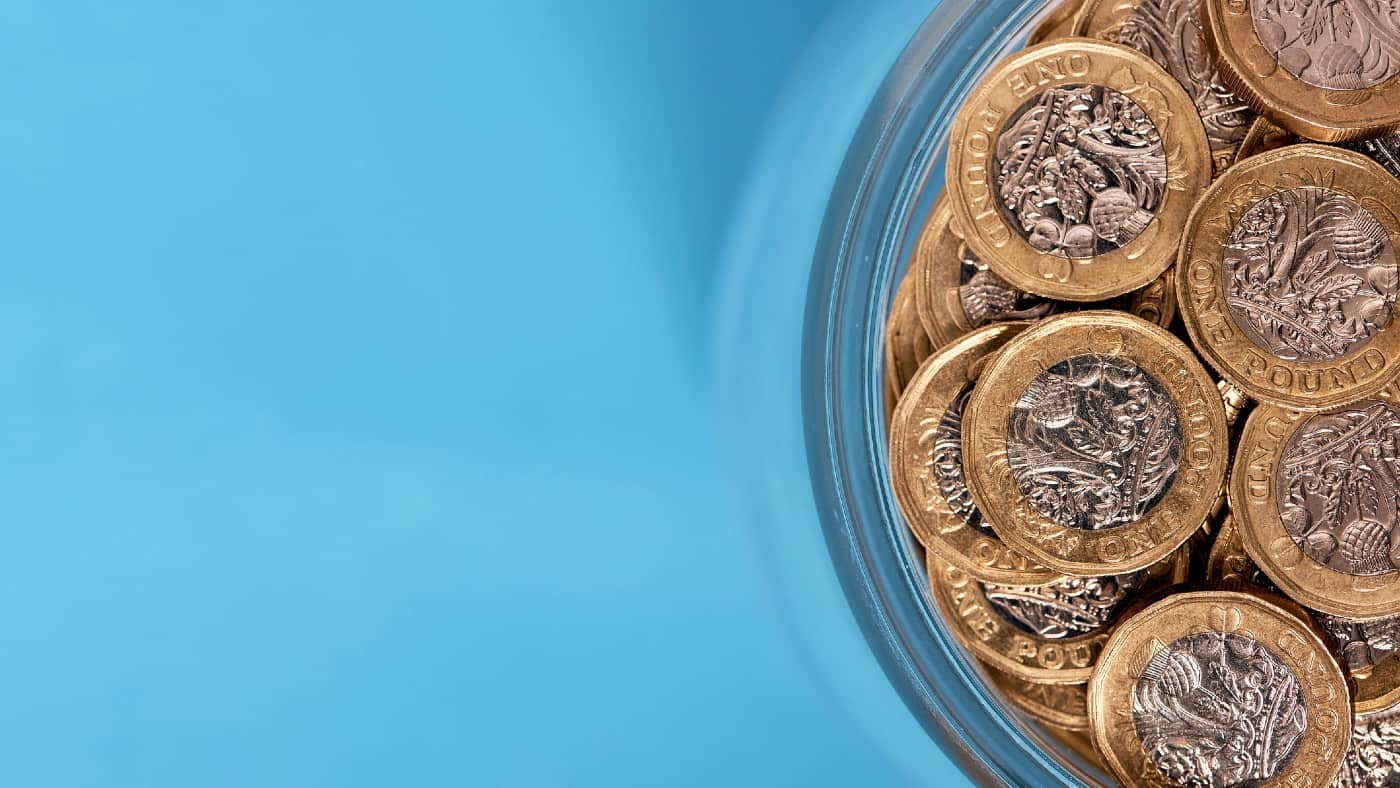I like the passive income streams I can generate from owning shares. One of the highest dividend yields of any share I own is that of fund manager Jupiter (LSE: JUP). In fact Jupiter offers one of the five highest dividend yields among FTSE 250 shares right now.
The current price-to-earnings (P/E) ratio of four looks cheap to me. The 14.4% yield is attractive but I expect the dividend to be cut. New management is trying to get the business on a stronger financial footing following a period of net client fund outflows. I already own quite a few Jupiter shares, so to keep my portfolio diversified, I do not plan to buy more.
What about the other four FTSE 250 shares among the top five by yield?
Should you invest £1,000 in Nostrum Oil & Gas Plc right now?
When investing expert Mark Rogers has a stock tip, it can pay to listen. After all, the flagship Motley Fool Share Advisor newsletter he has run for nearly a decade has provided thousands of paying members with top stock recommendations from the UK and US markets. And right now, Mark thinks there are 6 standout stocks that investors should consider buying. Want to see if Nostrum Oil & Gas Plc made the list?
Dull but lucrative
General insurance is not an exciting business – that is why I like it as an investor. Demand is stable as lines like motor insurance are legally mandated. With lots of data to guide decisions, rates can be set at hopefully profitable levels.
Direct Line (LSE: DLG) benefits from a widely known brand that helps it attract customers. It is consistently profitable, earning £344m after tax last year. So why has this FTSE 250 share fallen 20% in a year, pushing its yield above 10%?
Risks including higher car costs eating into profit margins have alarmed investors. Used car prices are now falling, which I think is good news for Direct Line. I bought the shares last month and would buy more today if I had spare money to invest.
Political risks
Another of the five companies is Ferrexpo. Its operations are concentrated in war-torn Ukraine.
Even aside from other considerations that may make the firm appeal to me, the level of political risk involved means I would not buy Ferrexpo for my portfolio. The annual dividend yield of 27% is set to tumble, following the interim dividend falling two thirds.
Innovative business model
Gas producer Diversified Energy Company has an 11.2% yield. It raised its quarterly payout this week.
Its strategy of buying up small gas wells near the end of their working lives could turn out to be a profitable and innovative business model.
But Diversified reported a $325m post-tax loss last year. I think profitability could be further hurt when energy prices fall. I am also concerned about the long-term decommissioning costs that come with owning tens of thousands of aging gas wells.
Past performance
At first glance, Synthomer (LSE: SYNT) may seem like an incredible bargain. Its P/E ratio is under two, while the dividend yield is 22%.
The FTSE 250 member provides a good example of why as an investor it is always important to research a business carefully and understand it before buying shares. The rubber specialist saw business boom in the pandemic. With customers having a stock overhang built up in the pandemic, Synthomer has cut profit forecasts for this year.
While it may not be the bargain it seems when looking at last year’s figures, I would still buy Synthomer for my portfolio if I had available cash. It has a strong position and proven operating model in an industry I expect to see long-term demand. It did well before the pandemic. I think the core business remains strong.








